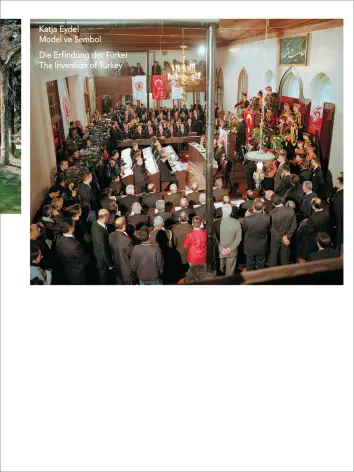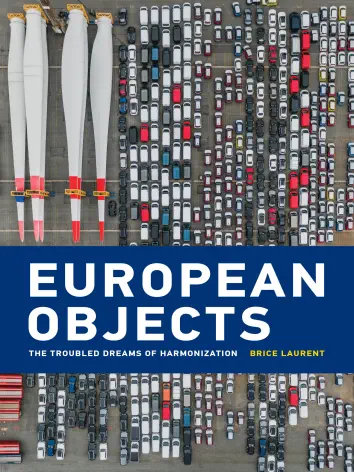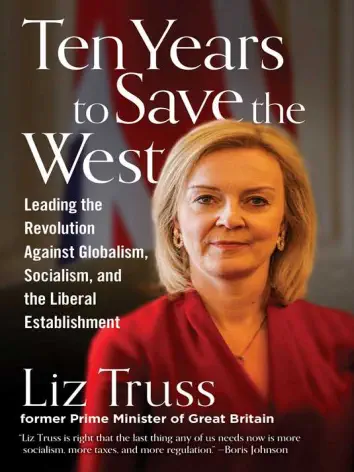Turkey represented an extreme case among those countries that, not having been colonized, strove after World War I for a new national political identity by means of a radical Westernization. Based on a photographic project by Katja Eydel, this publication documents both the visionary and utopic framework underlying the creation of modern Turkey, and the social reality of the current state. The essays discuss how the construction of Kemalism entailed a comprehensive integration of architecture and new media such as photography that aimed to convince the population and the world of the positive and dynamic powers of the new republic.
With Turkish membership to the EU still pending, this book offers an elaborate account of the complex structure of modern Turkey whose origination was not without its contradictions, and whose radicality was to have remote effects still tangible today.
Since 1923, Turkish modernization has by no means been a homogeneous process. … It is only during the thirties that the representational forms of early Kemalism are developed, involving, besides architecture and the fine arts, also photography. The latter was clearly instrumentalized by the representatives of the Kemalist élite as visual propaganda for the reform process. Bernd Nicolai
Contributors
Ariane Müller, Bernd Nicolai, Bülent Tanju






Reviews
There are no reviews yet.